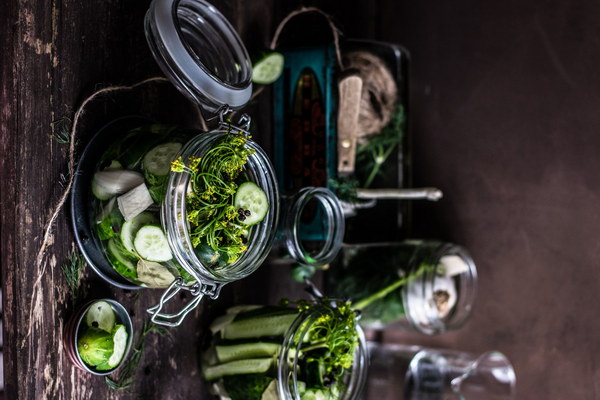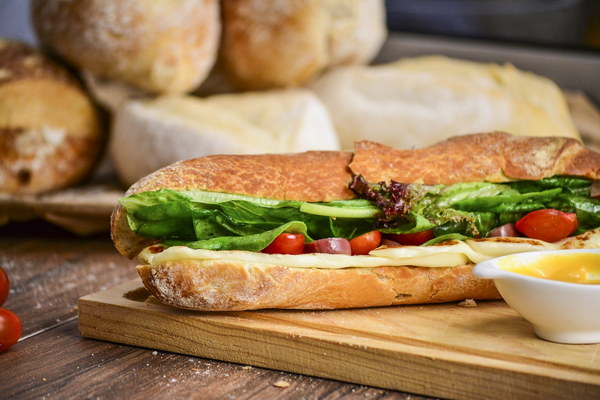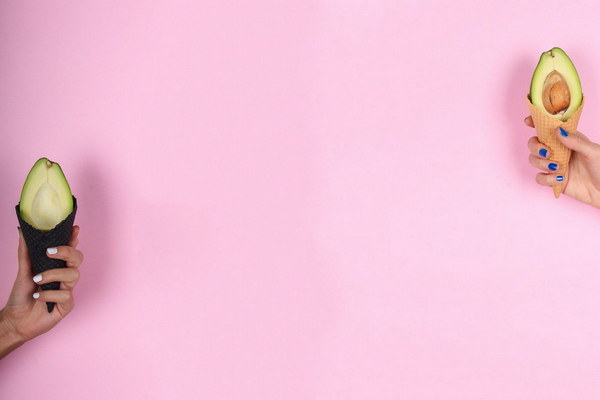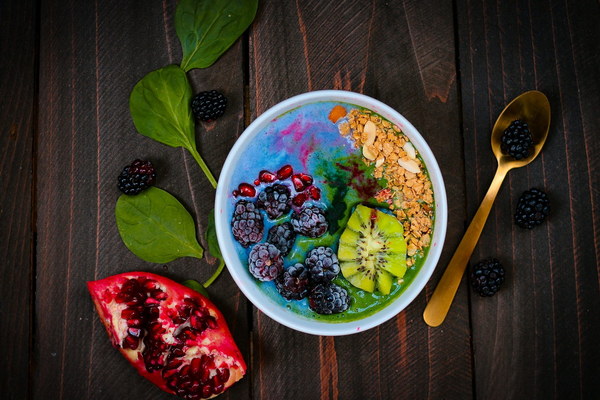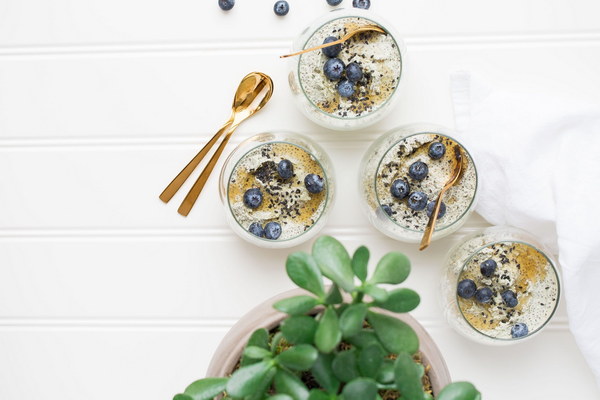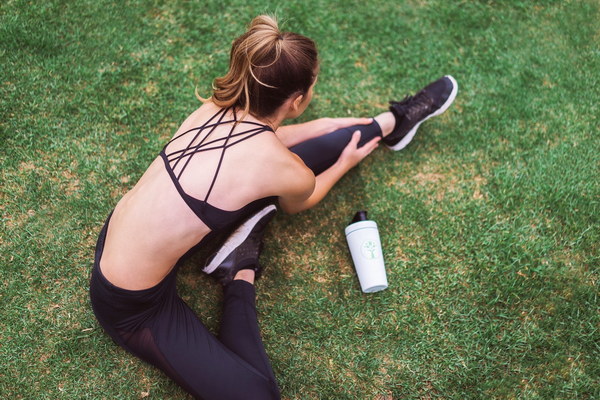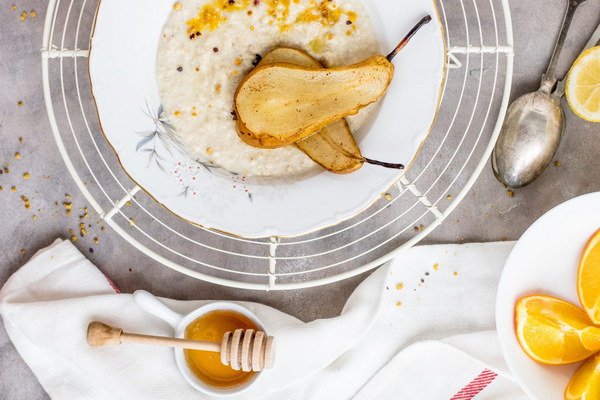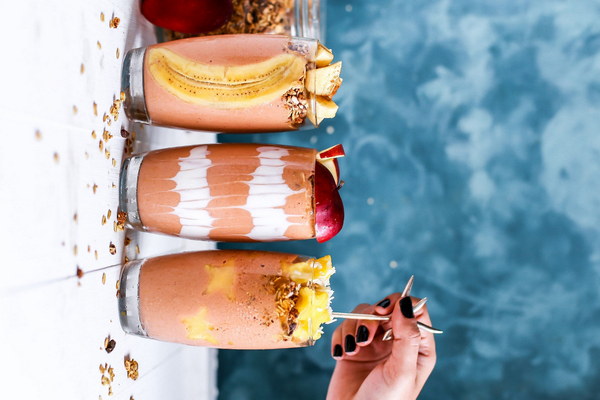Unlock the Fountain of Youth A Comprehensive Guide to Hydrating and Anti-Aging Your Skin
In the pursuit of timeless beauty, the quest for hydrated and anti-aging skin is a universal endeavor. As we age, our skin's natural ability to retain moisture diminishes, leading to fine lines, wrinkles, and loss of elasticity. However, with the right strategies and products, it's possible to maintain youthful-looking skin. Here's a comprehensive guide to hydrating and anti-aging your skin.
Understanding Skin Hydration and Aging
Firstly, it's crucial to understand that hydration is the cornerstone of healthy skin. Proper hydration keeps the skin plump, supple, and resilient. It also helps in reducing the appearance of fine lines and wrinkles by plumping up the skin's surface.
As we age, the skin's natural moisture barrier, which consists of lipids, proteins, and natural moisturizing factors (NMFs), begins to degrade. This degradation leads to dryness and contributes to the visible signs of aging. To combat this, we need to replenish and protect our skin's moisture barrier.
Step-by-Step Guide to Hydrating and Anti-Aging Your Skin
1. Choose the Right Cleanser:
Start by using a gentle, hydrating cleanser that won't strip your skin of its natural oils. Look for ingredients like hyaluronic acid, glycerin, or ceramides, which help to maintain the skin's moisture barrier.
2. Moisturize Daily:
After cleansing, apply a moisturizer that suits your skin type. For normal to dry skin, a rich, creamy moisturizer is ideal. Those with oily or combination skin might benefit from a lighter, gel-based formula. Always look for ingredients like hyaluronic acid, glycerin, or peptides for their hydrating and anti-aging properties.
3. Incorporate Serums:
Serums are concentrated formulas that can provide targeted benefits. For hydration and anti-aging, look for serums containing antioxidants like vitamin C, vitamin E, or green tea, as well as peptides and growth factors that stimulate collagen production.
4. Protect with Sunscreen:
UV radiation is one of the leading causes of premature aging. Apply a broad-spectrum sunscreen with an SPF of at least 30 to all exposed skin daily, even on cloudy days. This will help prevent further damage and protect your skin's moisture barrier.
5. Exfoliate Regularly:
Exfoliation helps to remove dead skin cells that can accumulate on the surface, clogging pores and preventing your skincare products from penetrating effectively. Use a chemical exfoliant with ingredients like glycolic acid or lactic acid once or twice a week, and a physical exfoliant like a microdermabrasion or a gentle brush once a week.
6. Incorporate Retinoids:
Retinoids, such as retinol or retinaldehyde, are potent anti-aging ingredients that can help to stimulate collagen production, reduce fine lines, and improve skin texture. Start with a low concentration and gradually increase as your skin becomes accustomed to the product.
7. Stay Hydrated:
Drink plenty of water throughout the day to keep your body hydrated. Water helps to flush out toxins and maintain the skin's elasticity.
8. Eat a Balanced Diet:
A diet rich in fruits, vegetables, healthy fats, and lean proteins can provide your skin with the necessary nutrients to stay healthy and youthful.

9. Get Adequate Sleep:
Sleep is when your body repairs and rejuvenates. Aim for 7-9 hours of quality sleep each night.
10. Manage Stress:
Chronic stress can accelerate the aging process. Find ways to manage stress through exercise, meditation, or other relaxation techniques.
Conclusion
Hydrating and anti-aging your skin is a multi-faceted process that requires a combination of proper skincare, lifestyle choices, and self-care. By following these steps and being consistent with your routine, you can achieve a glowing, youthful complexion that defies age. Remember, the best anti-aging skincare regimen is one that is tailored to your individual skin type and concerns.
